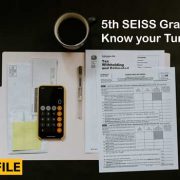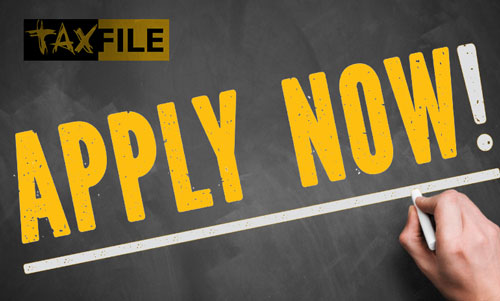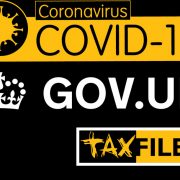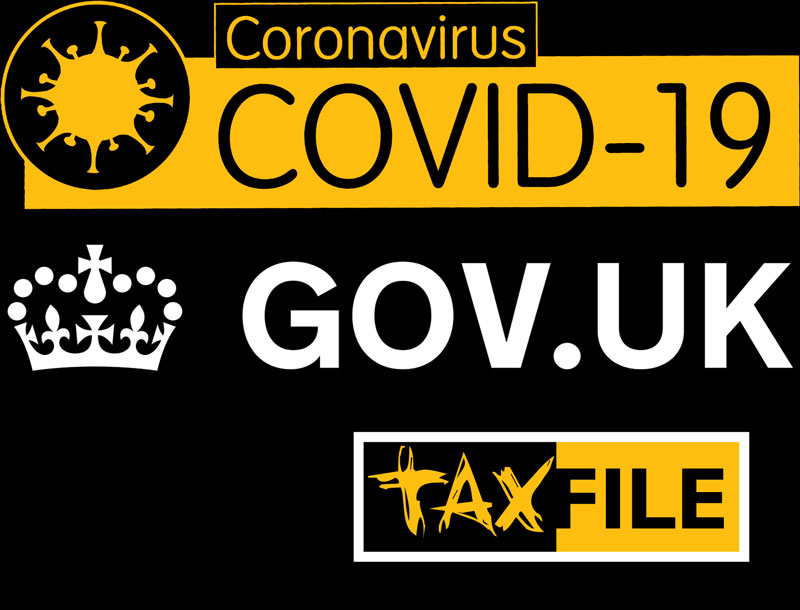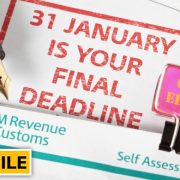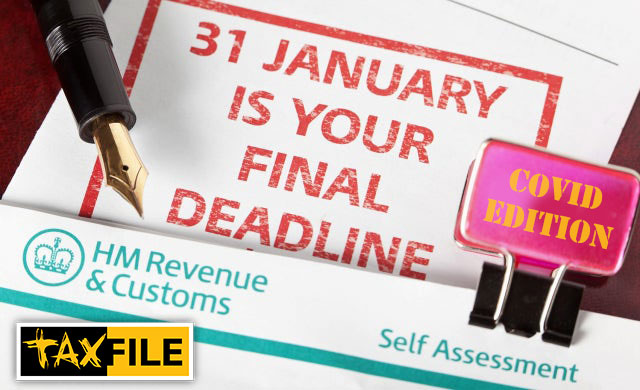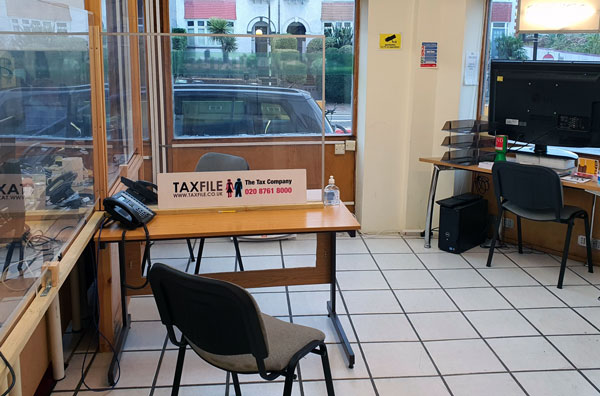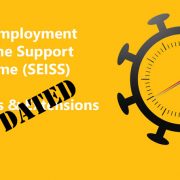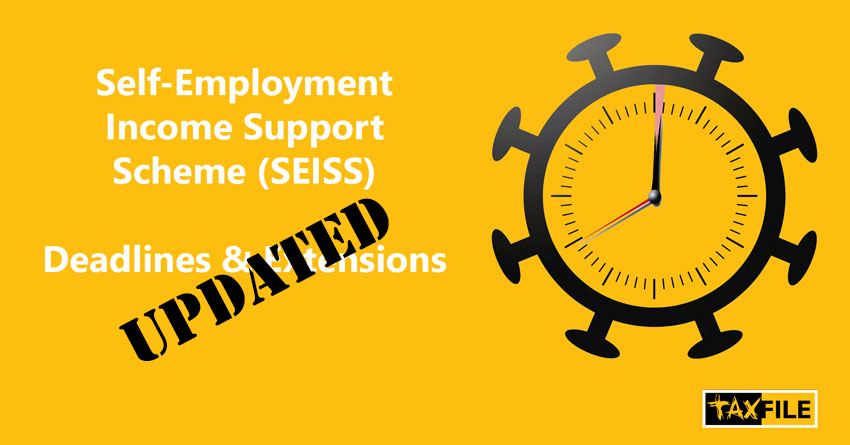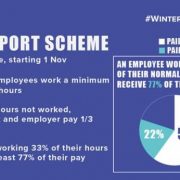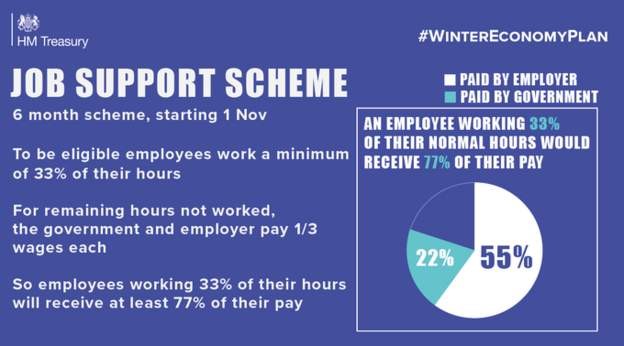SEISS: The 5th & Final Round
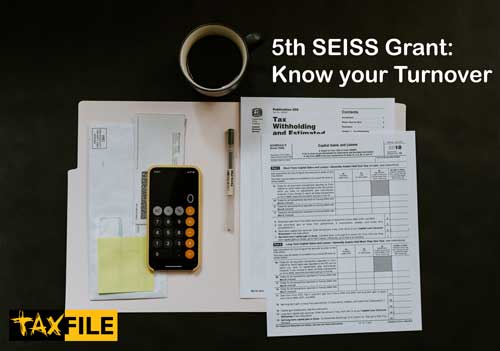
HMRC has already started contacting possible eligible sole traders and partnerships for the 5th and final Self Employed Income Support Scheme grant announced by the Government last year.
HMRC’s online access for applications is due to open later this month (July) and the grant will cover the period 1st May 2021 through to 30th September 2021. You can claim the 5th grant if you believe that your business profit will be impacted by coronavirus between these dates.
This round of grants requires turnover calculations to be done by the applicant, following four stages to determine the two turnover figures required in the application and hence, how much they will be eligible for.
- You will first need to work out your turnover (money received) for a 12-month period starting from any date between 01/04/20 to 06/04/20. Your figure must include the turnover from all your businesses. You can ask us at Taxfile for your figure if we have submitted your 20/21 tax return. If you haven’t yet done your 2020/21 tax return, it might be an opportunity to contact your tax agent at Taxfile and bring in your financial data for the period, so we can give you an accurate figure, as HMRC will be able to check the figures once you do submit your tax return.
- The second stage is to adjust the 12-month turnover figure by removing the monies received from any SEISS grants or COVID relief grants from the council/government. Although these grants are viewed as subject to income tax and national insurance, they will not be considered as part of your 12-month turnover figure for the 5th SEISS grant.
- The third stage requires you to calculate a previous year’s turnover to use as a reference figure. This is the 2nd figure you will need for the application. HMRC states that in most cases you must use the 2019/20 tax return as your reference year. If for any reason 2019/20 was not a normal year, you can use the turnover reported in your 2018/19 tax return. For ‘not a normal year’, HMRC has stipulated the following examples; being on carers or sick leave for a prolonged period, losing a large contract, reservist duties, or being eligible for the 5th SEISS grant but not having submitted a 21019/20 tax return. The turnover for your reference figure can be found on the tax return summary we would have issued you. If you need this figure, please do not hesitate to contact your tax agent on 020 8761 8000.
- The fourth stage is to compare the two turnover figures. Only when the figure from stage 3 (the reference year) is greater than that obtained for the 20/21 figure will you be eligible for the 5th SEISS grant. Furthermore, if the 2020/21 turnover figure has reduced by 30% or more when compared to the reference turnover figure, the grant will be 80% of the 3-month average profits, with the maximum grant payment capped at £7,500. If the 2020/21 turnover is less than 30%, the grant will be 30% of the 3-month average profits, capped at £2,850.

